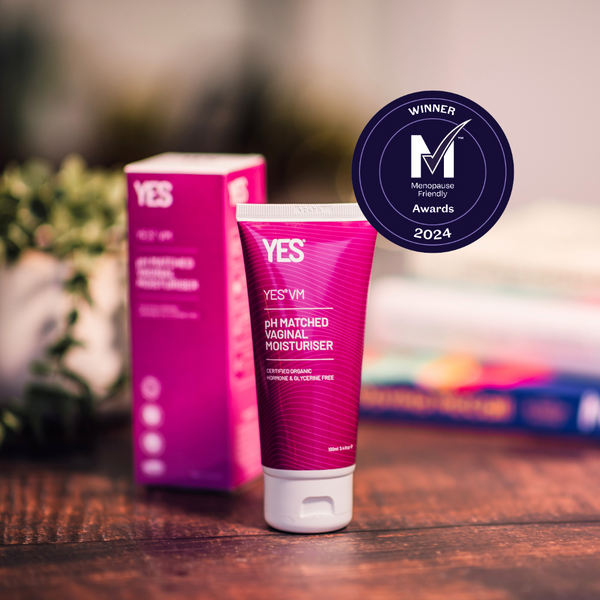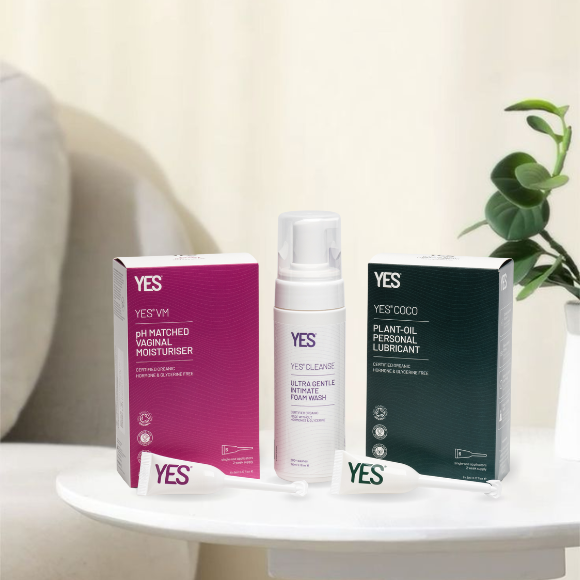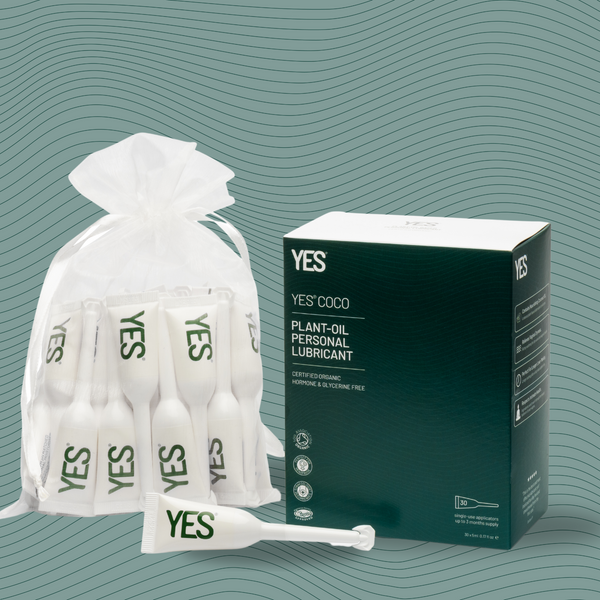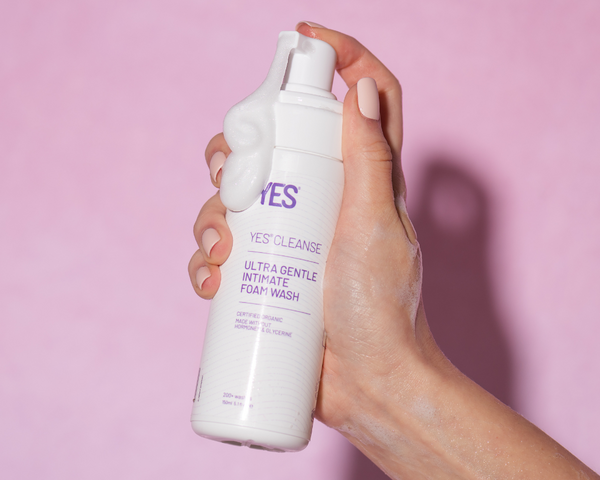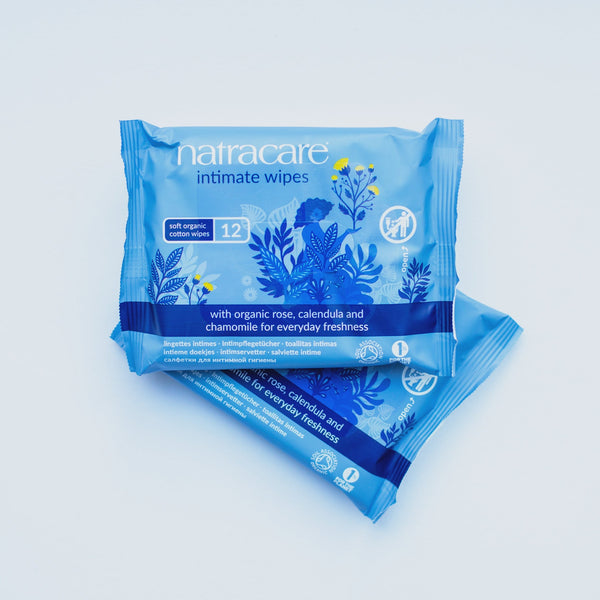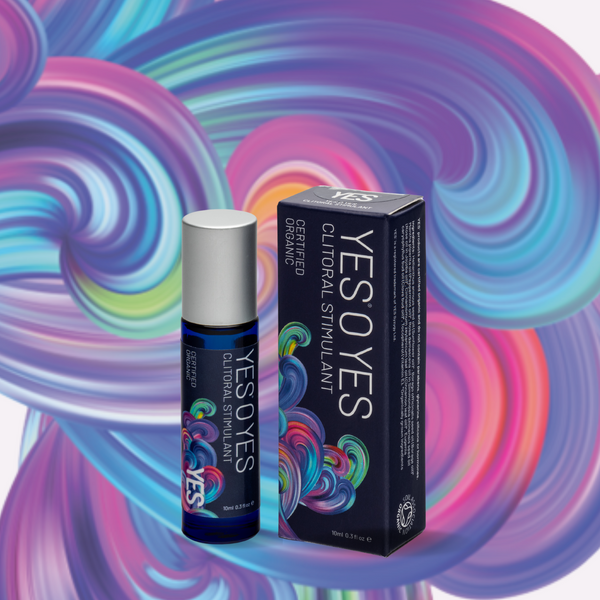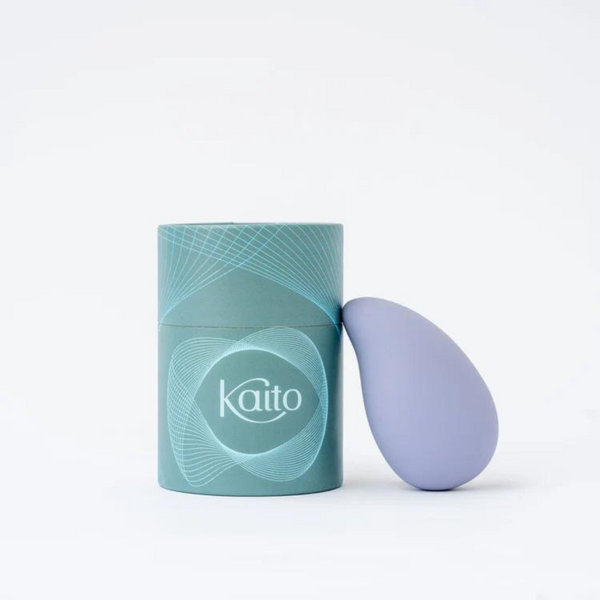 All Blogs
All Blogs
The menopause can be an overwhelming time in a woman's life. Due to the drop in hormone levels women experience, this can affect them both mentally and physically. Every woman's experience is different, however these significant changes can come as a bit of a shock. That's because the lingering taboo surrounding menopause means that it isn't discussed until it comes along, and so many women are unprepared for this perfectly natural stage of life. Now if most women don't understand what is happening to them at menopause, then as Diane Danzebrink (The Menopause Counsellor and founder of Menopause Support) points out, then 'what chance do the men in their lives have?'. Diane has put together her top ten tips for helping your partner to understand the menopause.
The Menopause Support guide to Understanding Menopause for Men.
"Following my own personal experience of surgical menopause and that of my husband a few years ago I have now spoken to thousands of women and quite a few men and it has become clear that there are some very simple things that you can do to offer support.
- Educate yourself: the more you know about what she is experiencing the better, whilst you will never be able to understand how it feels, in the same way that women living with or married to a man will never know what it’s like to be faced with a menopausal partner, it shouldn’t stop us trying to understand and be mutually supportive of each other. Many women feel lost and lonely at this time in their lives, your love and support is more important than ever.
- Try not to put any undue pressure on your partner: whilst it can be a confusing time for you both this is not the time to be making big decisions. Try not to ask when does this end? or how long will this last? Firstly it’s not helpful and secondly she has no more idea than you do. On average menopause lasts four to eight years from the first to the last symptom but every woman is different. Just being there to offer support, maybe a cuddle (unless she’s having a hot flush) or a cup of tea or running her a nice relaxing bath is enough. Simple things can make a huge difference when you are feeling overwhelmed.
- Ask her what she needs: it can be really tricky to know what your partner needs when she is struggling physically and emotionally, nobody can be expected to know what another person wants or needs, no matter how close you are. You can’t be expected to be a mind reader so my advice is to ask (gently).
- Accept the silence: many women tell me how they just need a period of quiet for self reflection, this is not aimed at cutting you out, although my husband tells me that it sometimes felt like that, it’s our way of processing what is happening to us. Try to imagine what it must be like to have so many physical and emotional changes happening at the same time and wondering where the real you has gone.
- Resist the urge to snap back; easier said than done I know but it’s important to understand that fluctuating oestrogen levels have an effect on the neuro receptors in the brain and that can result in a sharp tongue sometimes, as my husband will confirm. Just stop, breathe and walk away if you have to, it will pass.
- Encourage your partner to seek help and consult her doctor about her symptoms and offer to go with her. For some women just making the appointment can be a major hurdle, anxiety during menopause can be crippling and self confidence can just melt away. It can be so helpful to have a supportive partner with you when you sit down in front of your doctor and everything you had planned to say evaporates.
- Be prepared to change your plans: many women struggle with self confidence during menopause and if this is coupled with crashing fatigue it’s likely that your partner may just want to curl up on the sofa at home rather than socialise. If you have ever experienced social anxiety you will know how hard it can be but during menopause it can be paralysing. No amount of trying to tempt her out with the promise of weekends away, fancy restaurants or even tropical holidays will make her feel better. This takes time to work through and every woman is different but she will be so appreciative of your patience and understanding. Remember you are probably the only person in the world that she feels able to be truly herself with. The pressure to keep up appearances, particularly at work, can be exhausting and curled up on the sofa with you is probably where she feels safest right now.
- However challenging life can be don’t forget to show her that you love her. One of the unexpected effects of menopause for many women is the physical changes to their body shape which can result in your partner experiencing a loss of confidence and becoming very body conscious. If she has started covering up at all times and will no longer allow you to see her naked try to understand that these changes can take some getting used to and even though she might be desperate to exercise and change her diet it’s the last thing you feel like doing when your energy level is on the floor. Sometimes all women want is reassurance and a hug, which leads me to…
- Sex, which, let’s face it, can be tricky at any time but once menopause arrives for some couples it can be a no go area. Sex is complicated and there can be many reasons why both men and women no longer seem to be interested in sex, which, if it suits you both is fine. However, if one or both of you is feeling increasingly unhappy about intimacy, which can be shared in all sorts of ways, it needs to be tackled. It’s important to recognise that for some women falling oestrogen and testosterone levels will have a direct effect on their libido, you may also have experienced this as you have got older but the physical effects of oestrogen depletion can be extremely upsetting both physically and emotionally. Many women tell me how they avoid any physical contact at all to avoid having to talk about what’s happening to them. The physical effects of falling oestrogen levels on the vulva (the bits you can see) and the vagina (the bit you can’t) can be that left untreated they can become extremely dry and sore and for some women excruciatingly painful. Oestrogen acts as one of the body’s main lubricants and it helps to keep the female genitalia both healthy and lubricated. Men that I have spoken to tell me that they start to wonder if their partner just doesn’t love them anymore and many of the women I counsel tell me how sad they feel about their physical discomfort and lack of libido. Both speak about their longing for physical intimacy again but neither wants to start the conversation, for me this is heartbreaking as often it leads to an ever widening gap both physically and emotionally which is why …
- Communication is key (at any time) but particularly at this time in your lives. I see so many women who tell me that they wished they had known what was happening to them so that they could have discussed it with husbands and partners and sought help and advice before it was too late to save their relationship. Menopause has often been referred to as the change of life and in so many ways it is but not just for women. We all change, men and women, both physically and emotionally as we age but that doesn’t mean that we shouldn’t be able to look forward to long, happy, healthy, fulfilling lives with our husbands, wives and partners.
Menopause can be a challenging time for any couple but it doesn’t have to be. The key is to be prepared so that you can approach this time in your lives with the knowledge to help you support each other through it and on towards a new chapter in your lives. Menopause is not just a women’s issue, if you know a woman or love a woman you need to know about menopause."
Diane Danzebrink is The Menopause Counsellor www.themenopausecounsellor.co.uk and the founder of Menopause Support www.menopausesupport.co.uk.
You can read the full article here.
Empower yourself
Read more about the changes your body goes through during peri menopause and post menopause.

